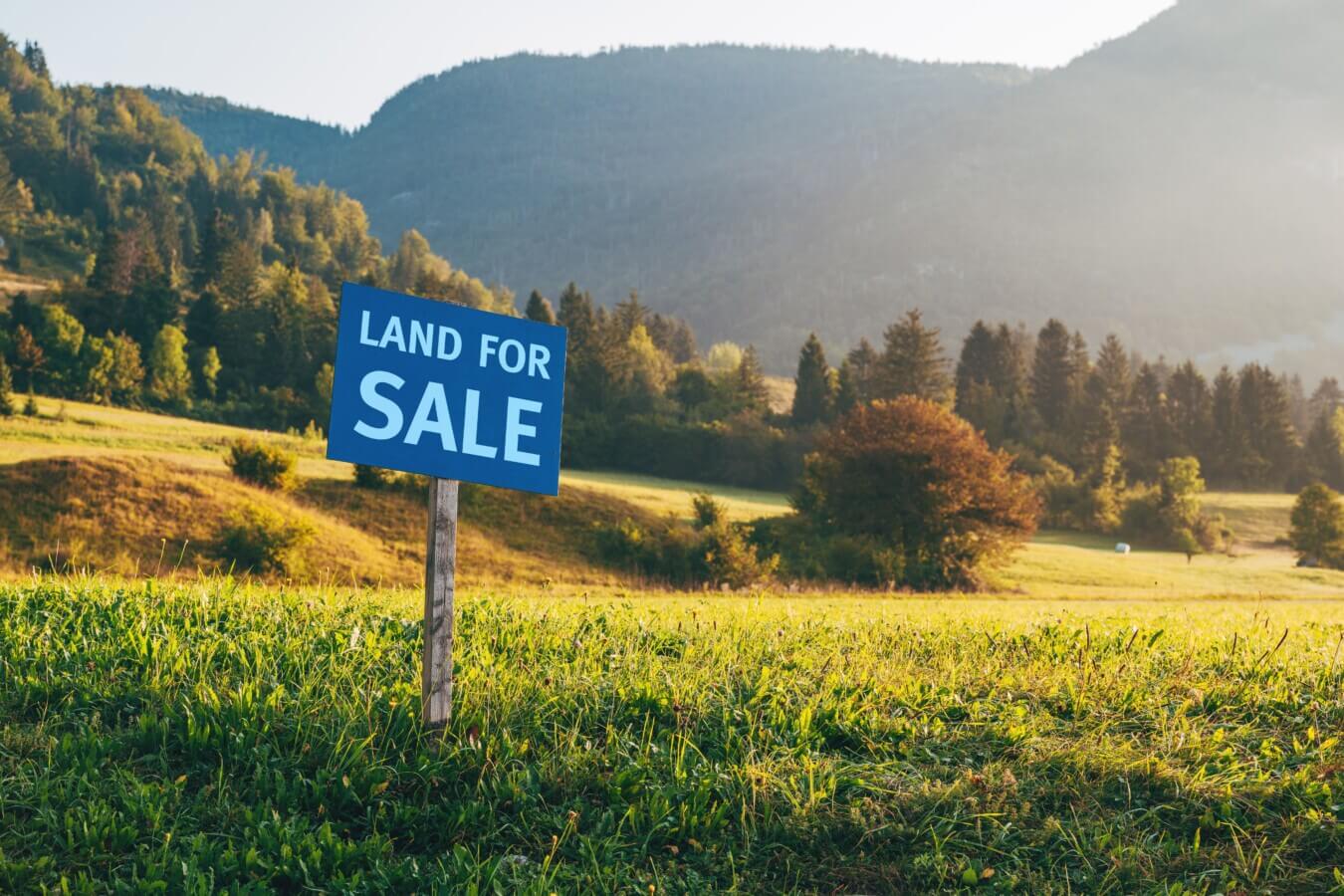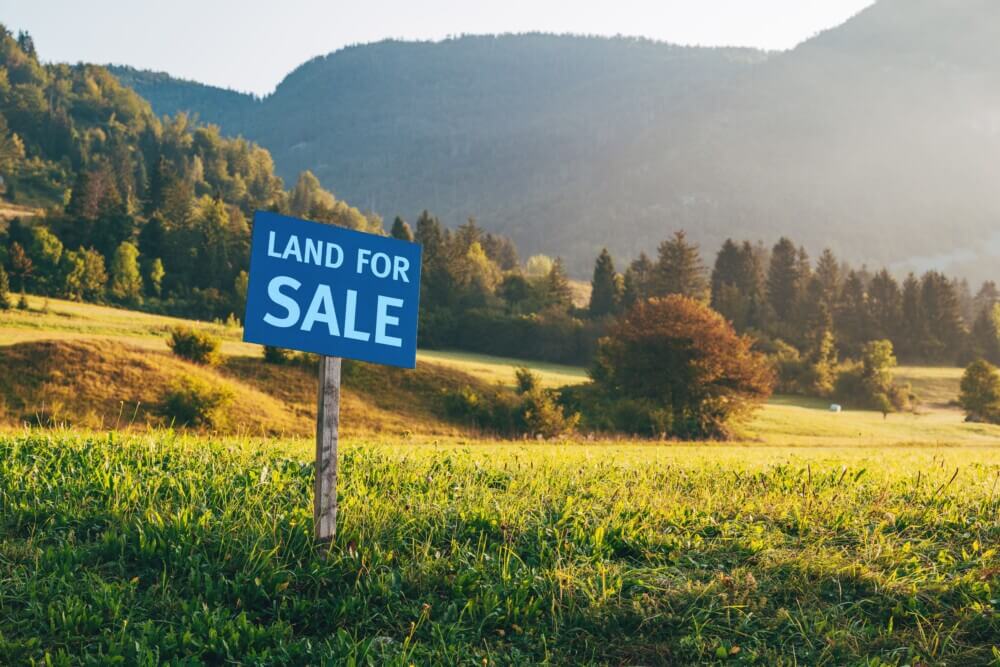Should You Sell to a Land Buyer or Developer?

If you’ve got land to sell, you’ve probably asked yourself: who’s the right person to sell to? On one side, there’s the land buyer — usually looking for a quick, clean deal. On the other, there’s the developer — maybe offering more money, but with strings attached.
So, who should you sell to? Let’s break it down step by step so you can make the best choice for your property, your timeline, and your bottom line.

Why This Question Matters
Selling land isn’t like selling a house. Land doesn’t have kitchens and bathrooms that wow buyers at an open house. Instead, its value depends on location, zoning, utilities, and most importantly — what the buyer plans to do with it.
That’s why deciding between a land buyer and a developer is such a big deal. Different buyers mean different outcomes for you as the seller.
What’s a Land Buyer?
When we talk about a land buyer, we usually mean someone who’s looking for a direct purchase — often with fewer headaches involved.
There are a few types:
- Private investors – Maybe they’re looking to hold onto the land long-term and sell later.
- Companies – Some land buying companies purchase property across multiple counties or states.
- Individuals – Regular people who just want a spot for a home, a small business, or even recreation.
The key thing with most land buyers: speed and simplicity. They’re not always aiming to build right away. Sometimes they’re land banking, sometimes they’re flipping, sometimes they just want peace of mind knowing they own a piece of dirt in a growing area.
What’s a Developer?
Now, a developer is a different story. Developers buy land with the goal of creating something on it — homes, shopping centers, warehouses, RV parks, even mixed-use projects.
Developers typically:
- Care a lot about zoning and permits
- Do more due diligence (think surveys, environmental reports, city approvals)
- Might offer more money if the land fits their project
- Take longer to close
If a developer wants your land, it means they’ve got a vision for it. That can be exciting, but it can also make the sale more complicated.
Pros of Selling to a Land Buyer
So what’s the upside if you sell to a land buyer?
- Faster closings – Many buyers can close in 30 days or less.
- Less red tape – Fewer inspections, less paperwork, no endless city meetings.
- Cash offers – Many land buyers pay in cash, which means fewer delays with financing.
- As-is sales – You don’t have to clear trees, grade the soil, or fix anything.
Basically, if you want to move on from the property quickly, land buyers make it simple.
Cons of Selling to a Land Buyer
Of course, it’s not all sunshine. The downside:
- Lower offers – Some land buyers look for discounts since they’re taking on risk.
- Less “vision” – If you’re emotionally attached to the land, they might not use it the way you pictured.
- Resale potential – They may just flip it, which can feel a little strange if you wanted your land to “become something.”
Pros of Selling to a Developer
Now let’s flip the coin. Developers often bring perks like:
- Higher potential price – If your land fits their project, they may outbid others.
- Long-term impact – Your land might become a neighborhood, shopping center, or business hub.
- Big projects need big land – If you’ve got acreage, developers are more likely to be interested.
This can be appealing if you care about the future use of the land or want to squeeze maximum dollars out of it.
Cons of Selling to a Develope
And the downsides? They’re real too.
- Longer timelines – Developers may need months (or longer) for studies and approvals.
- Contracts with contingencies – Lots of “we’ll buy if X happens.” If permits fall through, deals collapse.
- Complicated negotiations – Expect attorneys, city planners, and maybe a few headaches.
- Risk of no close – After months of waiting, you might end up back at square one.
How to Decide Between a Land Buyer and Developer
So here’s the big question: which is right for you?
Ask yourself:
- What’s my timeline?
If you need a fast sale, land buyers are usually the way to go. Developers take longer. - What’s my financial goal?
Developers might pay more, but you’ll wait longer and face more risk. Land buyers may offer less, but it’s cleaner and faster. - How complex is my land?
If zoning is already lined up and the land is in a prime spot, developers might fight over it. If it’s rural or raw, a straightforward buyer may be your only real option. - How much hassle do I want?
Some folks just don’t want to deal with contracts, contingencies, or city hall. If that’s you, a land buyer is usually the better fit.
The Hybrid Option
Here’s something most sellers don’t realize: you don’t always have to pick one or the other. Some land buyers are developers. And some developers buy in cash, just like investors.
That’s why it’s smart to get multiple offers and see who’s serious.
For example, companies like Commercial Real Estate Star work directly with landowners to connect them with qualified buyers — whether that’s an investor looking for quick turnaround or a developer planning a big project.
Common Mistakes Sellers Make
Let’s be honest, plenty of sellers shoot themselves in the foot. Here’s what to avoid:
- Pricing land based on emotion, not market value
- Ignoring zoning or restrictions before listing
- Not keeping paperwork (taxes, surveys, utility info) in order
- Accepting the first offer without shopping around
Take a little extra time to prepare, and you’ll avoid regrets later.
FAQ
It could be a private investor, a company, or even an individual looking for recreational property.
Not always. Developers might offer more if the land is perfect for their project. Otherwise, their offers can be similar.
Some can close in as little as 30 days, especially if they’re paying cash.
Zoning, location, access to utilities, and size all play huge roles.
It depends on your comfort level. Brokers can help market to both land buyers and developers, but you’ll pay a commission.
Final Thoughts
So… land buyer vs developer. It’s not a one-size-fits-all answer.
If you want fast, simple, and stress-free, a land buyer’s probably your best bet. If you’ve got prime land and don’t mind waiting, a developer might put more money in your pocket.
The key is knowing your goals, your timeline, and your tolerance for complexity. Once you’ve got that nailed down, the decision gets a whole lot easier.
And if you’re still on the fence, check out this guide to selling land. It walks through strategies to maximize value and connect with the right type of buyer.




